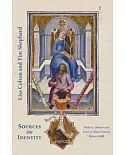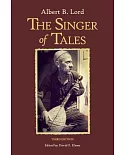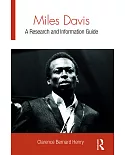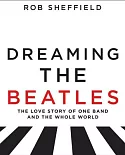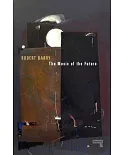This is the first book to explore the manifestation of myth, magic and mysticism in music since 1920 against a background of the emergent literary movement that has become known as magic
realism. The problematic and much debated term, magic realism, has been used in the context of literary and visual arts criticism, as well as that of contemporary cinema, but its relationship
to the field of musical composition has been largely overlooked. Caroline Rae demonstrates how writers and composers shared a fascination for ancient mythologies, legend, ritual, Africanism and
diverse non-Western traditions, as well as a predilection for the exploration of dislocated time and memory. Their common aim was to revitalise existing forms of expression and thereby to seek
creative and spiritual renewal. Rae examines the diverse and often esoteric exoticisms that abounded in Paris particularly during the inter-war years and considers the extent to which the
French capital represented a crucible from which the parallel preoccupations of magic realist writers and their compositional contemporaries emerged. The work of Borges, Asturias, Paz,
Carpentier, GarcÃa Márquez and others is considered in this French context, alongside connections with the composers Varèse, Jolivet, Millaud and Villa Lobos. The book also examines those
composers such as Messiaen, Berio and Ohana, who had little or no direct contact with magic realist writers but whose music reveals concerns with similar themes. The Spanish-speaking émigrés
fed the ever growing French appetite for the exotic and thirst to absorb the eclectic. This French-Latin American axis pivoted on shared paranoia of Western decline and the quest for creative
spiritual renewal through visions and fantasies of enchanted places. The existing French idea of the ’forêt féerique’ can be considered alongside the mystical, tropical forest of the magic
realists. Rae therefore elaborates a new and engaging interpretation of the creative preoccupations of leading French and Latin American composers of the twentieth century.


